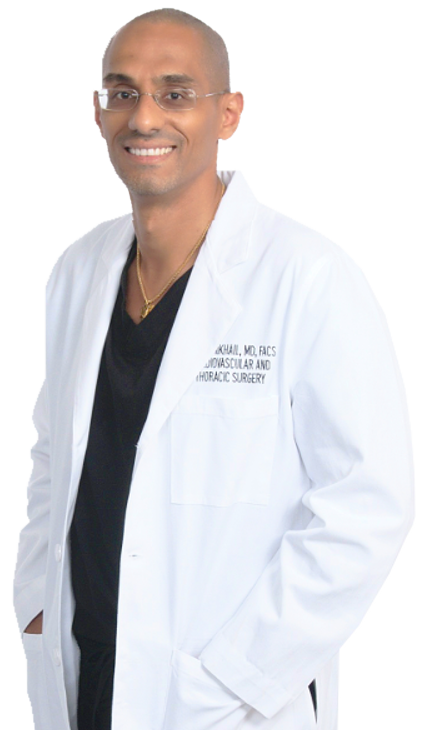
Please wait...

Please wait...

To diagnose if a person has mitral valve disease, a doctor will first listen to a person’s heart with a stethoscope. If the doctor hears any unusual sounds or patterns in the rhythm, this can help him or her determine an initial diagnosis. Beyond the stethoscope, there are other tests that can help determine if a person has mitral valve disease, including:
Echocardiogram: An echocardiogram is an ultrasound test that shows images of the heart’s structure and function. These tests are good at helping a doctor decide what treatment will be best, and it can be used to help evaluate progress and effective of the treatment.
Transesophageal Echocardiogram: A transesophageal echocardiogram is a special echocardiogram that shows a more detailed image of the heart. To get this image, a doctor inserts a tube into a person’s esophagus; this tube has an echo probe on it, which emits ultrasound waves into the esophagus. This device produces a detailed picture so the doctor can evaluate the mitral valve from inside the esophagus, which is right behind the heart.
X-ray: An X-ray can produce images of abnormalities in the chest.
Cardiac Catheterization: For a cardiac catheterization, the doctor threads a long, thin tube up to the heart by inserting it into a person’s arm, upper thigh, or neck. From this test, a doctor can get an image of the heart’s blood vessels.
Holter monitoring: A person wears a portable monitoring device that records the heart’s electrical activity in a 24 to 48-hour time period.
Stress Test: A stress test can show a doctor how a person’s heart reacts and respond to physical stress.
The treatment given for this disease depends on the severity of a person’s condition and his or her symptoms; treatment is not always needed. If treatment is needed, there are a few options that can help fix problems with the valve.
Medications can reduce symptoms, but cannot fix structural problems with the valve.
Antiarrhythmics: This medication treats abnormal heart rhythms.
Beta blockers: These slow a person’s heart rate.
Anticoagulants: This type of medication thins a person’s blood.
Diuretics: These reduce the build-up of fluid in a person’s lungs.
Vavuloplasty is a medical procedure, often used with mitral valve stenosis, in which a doctor uses a balloon to open up the valve.
If surgery is needed, a doctor will perform a surgery to either repair or replace the valve to have it functioning properly again.
Open heart surgery can be done to repair or replace the valve.
Minimally invasive surgery repairs the valve through small incisions on the right side of the chest. Breastbone is not cut.
Transcatheter Mitral Repair (TMVr) is also minimally invasive for people who are unable to undergo open-heart surgery. The chest is not opened in this procedure, but rather a catheter is passed through the femoral vein in the leg to implant a clip in the center of the valve.
Mitral valve disease is when the mitral valve (the valve located between the left atrium and left ventricle heart chambers) no longer works properly.
Symptoms can vary depending on the severity and condition of the mitral valve disease. Fatigue, shortness of breath, and chest pain are common.
Minimally invasive heart surgery can treat mitral valve insufficiency, mitral stenosis, and mitral valve prolapse (MVP).
Minimally invasive heart mitral valve surgery avoids complete sternotomy (open-heart surgery).
Patients experience reduced trauma and pain in post-op. Symptoms will reduce and quality of life should improve.
At-home lifestyle changes, like eating a healthy diet and taking proper medications, can reduce symptoms and keep the heart healthy, but cannot fix the mitral valve.
